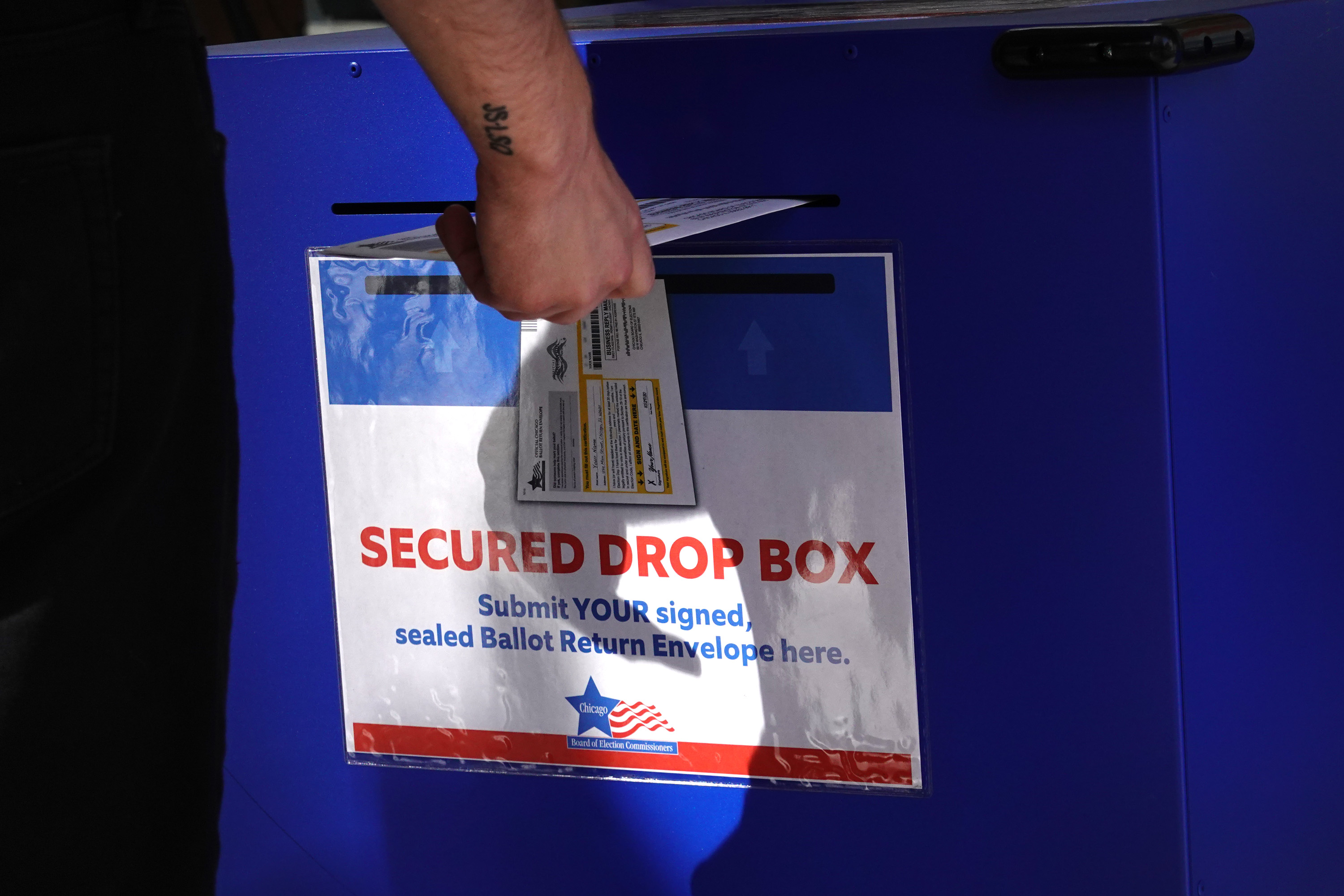Chicago voters will have an opportunity to vote on a binding referendum in the March 19 primary election, and the measure will take up a huge chunk of your ballot.
The “Bring Chicago Home” referendum, informally referred to as a “mansion tax,” would change how real estate transfer taxes are assessed in the city.
While transfers under $1 million will see a reduction in taxes, transfers over that threshold will see significant upticks in taxes assessed.
How will the measure appear on the ballots of Chicago residents? The wording will take up an entire page according to the Board of Elections, with English and Spanish translations both printed out:
“Shall the City of Chicago impose:
- (1) A real estate transfer tax decrease of 20% to establish a new transfer tax rate of $3 for every $500 of the transfer price, or fraction thereof, for that part of the transfer price unde4 $1 million to be paid by the buyer of the real estate transferred unless the buyer is exempt from the tax solely by operation of state law, in which case the tax is to be paid by the seller; AND
- (2) A real estate transfer tax increase of 166.67% to establish a new transfer tax rate of $10 for every $500 of the transfer price or fraction thereof, for that part of the transfer price between $1,000,000 and $1,500,000 (inclusive) to be paid by the buyer of the real estate transferred unless the buyer is exempt from the tax solely by operation of state law, in which case the tax is to be paid by the seller; AND
- (3) A real estate transfer tax increase of 300% to establish a new transfer tax rate of $15 for every $500 of the new transfer price, or fraction thereof, for that part of the transfer price exceeding $1,500,000 to be paid by the buyer of the real estate transferred unless the buyer is exempt from the tax solely by operation of state law, in which case the tax is to be paid by the seller?
- “The current rate of the real estate transfer tax is $3.75 per $500 of the entire transfer price, or fraction thereof, and the revenue is used for general corporate purposes. The revenue from the increase (the difference between revenue generated under the increased rate and current rate) is to be used for the purpose of addressing homelessness, including providing permanent affordable housing and the services necessary to obtain and maintain permanent housing in the city of Chicago.”
2024 Illinois Primary Stories
If the referendum passes, the Chicago City Council would be tasked with creating an ordinance to change the tax structure and to determine which programs would receive funding.
That ordinance would then require a vote from the City Council to officially become law.
The measure has inspired both support and opposition from numerous groups, and has also survived legal challenges to remain in place on the ballot.
Feeling out of the loop? We'll catch you up on the Chicago news you need to know. Sign up for the weekly> Chicago Catch-Up newsletter.



